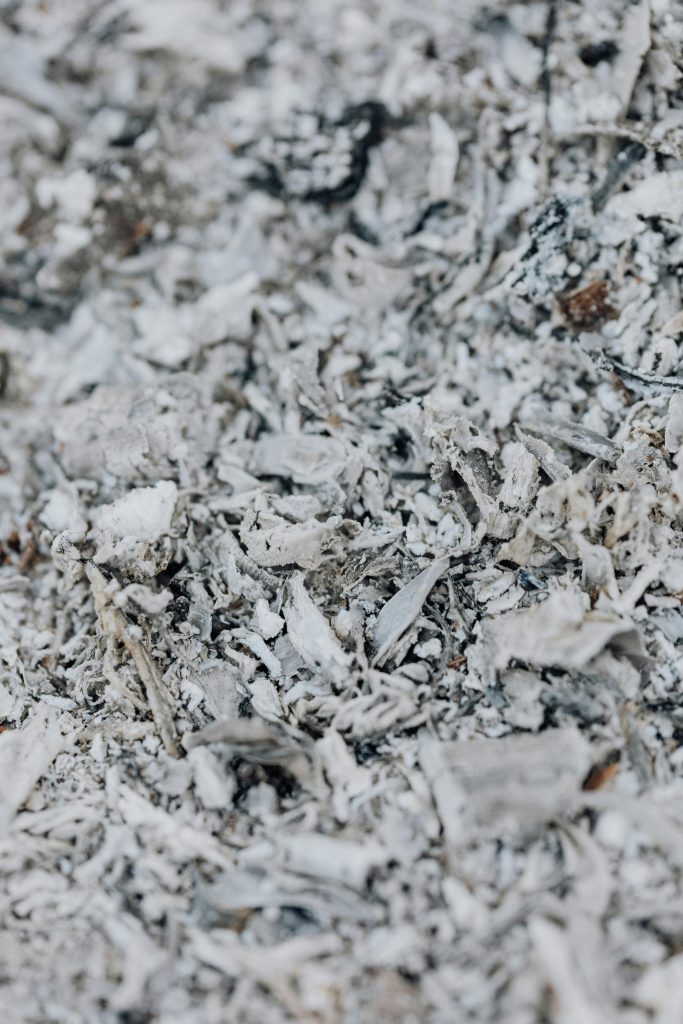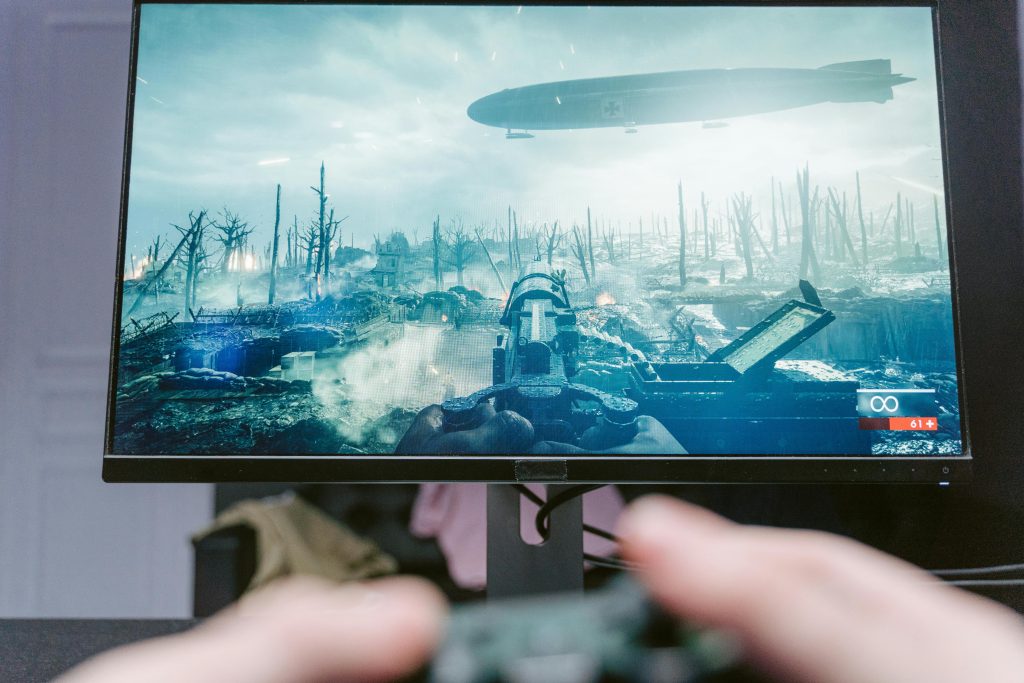Troubleshooting a Non-Booting Computer After CCleaner and NVIDIA Driver Update
If you’ve recently upgraded your system with a new NVMe SSD and faced a booting issue after using CCleaner and attempting to update your NVIDIA drivers, you’re not alone. A fellow user encountered a similar problem that left their computer unresponsive. Here’s a breakdown of the situation, along with some potential troubleshooting steps.
The Situation
After installing a new NVMe SSD and transferring a number of games, the user decided to run CCleaner. The goal was to tidy up their system by eliminating broken registry links. However, after a few hours, an attempt to install new NVIDIA drivers led to a frustrating situation— the installation process failed, prompting the user to restart the computer.
Upon reboot, they noticed a complete lack of response: the monitor remained black, the keyboard did not light up when the Caps Lock key was pressed, and even attempts to access Windows Recovery options using F11 were unsuccessful. Interestingly, while the CPU and case fans were operational and RGB lighting on the RAM and graphics card was working, there was no display output or sign of the BIOS loading. Attempts to power down the computer via the power button were ineffective, necessitating a manual power off via the switch.
System Specifications
For context, here are the specifications of the user’s setup:
– Operating System: Windows 10
– Graphics Card: NVIDIA GTX 1070 Ti
– Processor: AMD Ryzen 2600
– Motherboard: Gigabyte X470 Aorus Gaming 5 Wi-Fi
Troubleshooting Steps to Consider
If you find yourself in a similar predicament, here are some steps you can take to troubleshoot the issue:
-
Power Cycle the System:
Unplug the power cord and hold down the power button for about 15 seconds. This can help discharge any residual power. -
Check Connections:
Ensure that all components, including the RAM, GPU, and SSD, are properly seated in their respective slots. Loose connections can often lead to boot issues. -
Clear CMOS:
Resetting the motherboard’s CMOS can remove any settings that may be causing conflicts. Refer to your motherboard manual on how to clear the CMOS. -
Disconnect Peripherals:
Unplug any unnecessary peripherals, including USB devices, printers, and external drives. Sometimes, external devices can cause boot failures. -
**Test with
Share this content:



